Home>Home Maintenance>What Fixes Are Mandatory In A Home Inspection
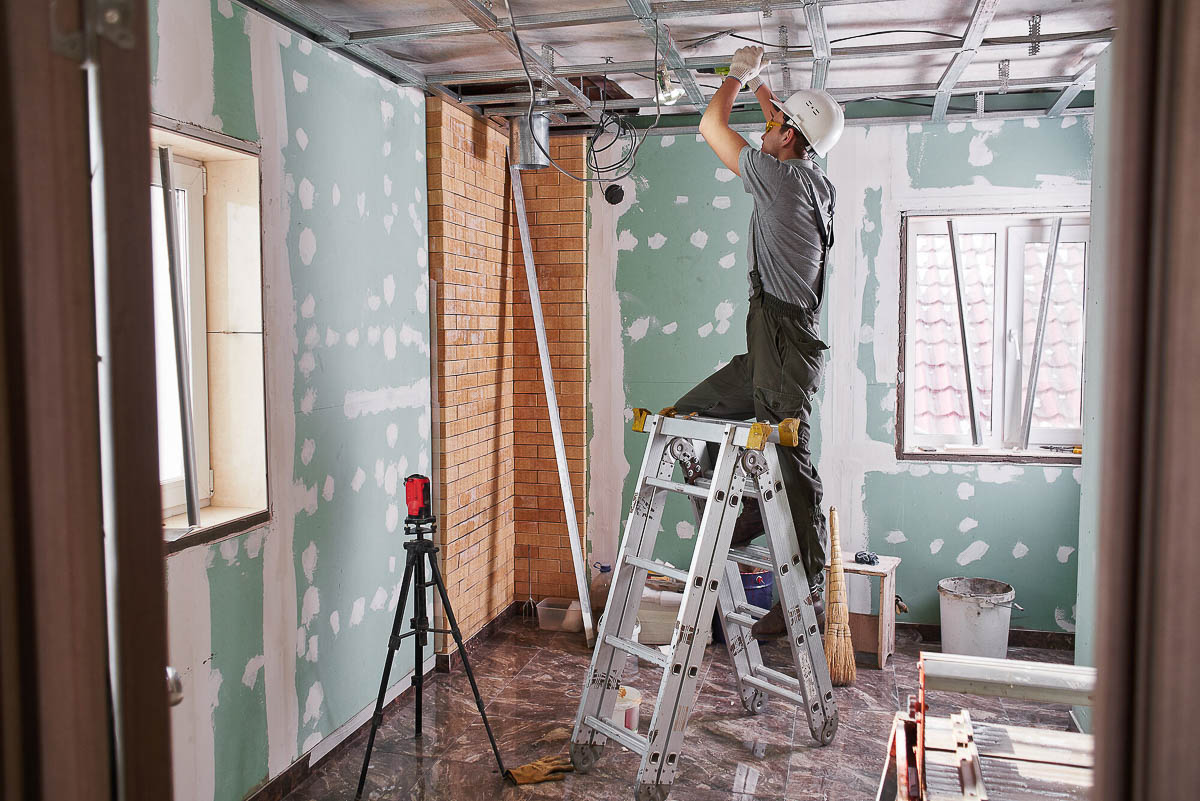

Home Maintenance
What Fixes Are Mandatory In A Home Inspection
Modified: October 20, 2024
Ensure your home is in top shape with a comprehensive home inspection. Discover the essential fixes and maintenance tasks to prioritize for a safe and comfortable living environment.
(Many of the links in this article redirect to a specific reviewed product. Your purchase of these products through affiliate links helps to generate commission for Storables.com, at no extra cost. Learn more)
Introduction
Welcome to the world of home maintenance, where keeping your property in top-notch condition is essential for both comfort and long-term value. Whether you’re a new homeowner or someone who has been in your home for years, understanding the importance of regular inspections and necessary fixes is crucial.
A comprehensive home inspection is a significant step in identifying potential issues that could lead to expensive repairs down the line. By addressing these problems early on, you can save yourself from both financial and logistical headaches.
In this article, we will explore the key areas that are typically checked during a home inspection. Understanding what fixes are mandatory in a home inspection will empower you to take proactive steps to ensure your property remains in excellent shape.
Keep in mind that while some fixes are mandatory, others are highly recommended to maintain the overall integrity and safety of your home. A thorough home inspection covers the following:
Key Takeaways:
- Regular home maintenance, including inspections and necessary fixes, is crucial for saving money, ensuring safety, and maintaining property value. Prioritize inspections and stay on top of maintenance tasks for a happy, healthy home.
- Addressing issues identified during home inspections promptly is essential. Neglecting necessary fixes can lead to further damage, decreased efficiency, and potential safety hazards. Take a proactive approach to home maintenance for a safe and comfortable living environment.
Read more: Who Can Fix A Dryer Vent
Roof Inspection
When it comes to home maintenance, one of the most critical areas to assess is the roof. Your roof not only protects your home from the elements but also plays a significant role in maintaining energy efficiency and preventing water damage. During a home inspection, the following areas of your roof will be assessed:
- Shingles: The inspector will check for any damaged or missing shingles. Cracked, curled, or discolored shingles are signs of potential issues.
- Flashing: This is the metal or rubber material that seals the joints and prevents water from seeping into your home. The inspector will examine the flashing to ensure it is properly installed and intact.
- Gutters: The gutter system plays a crucial role in directing water away from your home’s foundation. The inspector will inspect the gutters and downspouts for clogs, damage, or improper installation.
- Ventilation: Proper roof ventilation is essential for regulating temperature and preventing moisture buildup. The inspector will assess the vents and make sure they are clean and functioning correctly.
- Chimney: If you have a chimney, the inspector will examine it for loose bricks, cracks, or signs of leaks. They will also check the chimney cap and the surrounding flashing.
If any issues are identified during the roof inspection, it is crucial to address them promptly. Ignoring or neglecting roof problems can lead to more extensive damage, including leaks, mold growth, and structural issues. Depending on the severity of the problems, you may need to repair or replace certain components of your roof.
Regular maintenance, such as cleaning gutters, removing debris, and trimming overhanging branches, can also prolong the lifespan of your roof and prevent potential issues from arising. Remember to consult with a professional roofing contractor if you are unsure about any repairs or maintenance tasks.
By prioritizing roof inspections and necessary fixes, you can ensure the longevity and value of your home while protecting yourself from potential headaches and expenses in the future.
Foundation Inspection
The foundation of your home is the backbone upon which everything else rests. A sturdy and well-maintained foundation is essential for the overall structural integrity of your property. During a home inspection, the foundation will be carefully examined to identify any potential issues. Here are some key aspects that are assessed during a foundation inspection:
- Cracks: The inspector will look for any visible cracks, both inside and outside of the home. They will assess the size, direction, and severity of the cracks, as well as any signs of movement or water penetration.
- Settlement: Uneven settling of the foundation can lead to structural problems. The inspector will check for any signs of unevenness, such as sloping floors, sticking doors or windows, or visible gaps between the walls and the floor.
- Moisture: Excessive moisture around the foundation can cause damage over time. The inspector will assess the drainage around the property, including gutters, downspouts, and grading, to ensure water is effectively directed away from the foundation.
- Cracks in walls: Cracks in interior or exterior walls can indicate foundation issues. The inspector will inspect for any cracks that may be related to foundation movement.
- Basement or crawl space: If your property has a basement or crawl space, the inspector will assess it for signs of water intrusion, moisture, or structural problems.
If any issues are identified during the foundation inspection, it is crucial to address them promptly. Foundation problems can have serious implications for the stability of your home and can lead to costly repairs if left unresolved. Depending on the severity of the issues, repairs may range from minor fixes such as crack sealing to more extensive foundation reinforcement.
Regular maintenance, such as keeping an eye out for cracks, ensuring proper drainage, and addressing any signs of moisture, can help prevent foundation issues from worsening. Consulting with a professional foundation contractor is vital if you suspect any foundation problems or are unsure about the necessary fixes.
By paying attention to foundation inspections and necessary fixes, you can protect the structural integrity of your home and avoid potential safety hazards and financial burdens in the future.
HVAC Systems Inspection
Your HVAC (Heating, Ventilation, and Air Conditioning) systems play a crucial role in maintaining a comfortable and healthy living environment. During a home inspection, the HVAC systems will be evaluated to ensure they are in proper working condition. Here are some key components that will be inspected:
- Heating Systems: The inspector will assess the heating system, such as the furnace, heat pump, or boiler, for any signs of damage, leaks, or malfunctioning parts. They will also check the filters and recommend cleaning or replacement if necessary.
- Cooling Systems: The inspector will inspect the air conditioning unit or any other cooling systems in place. They will examine the condenser, evaporator coils, and refrigerant levels to ensure proper cooling performance.
- Ductwork: The inspector will assess the condition of the ductwork, checking for leaks, loose connections, or insufficient insulation. Properly sealed and insulated ductwork is essential for energy efficiency and optimal airflow.
- Ventilation: Adequate ventilation is crucial for maintaining indoor air quality. The inspector will check the ventilation systems, such as exhaust fans, to ensure they are functioning correctly and effectively removing odors, moisture, and pollutants.
- Thermostat: The inspector will test the thermostat to ensure it is properly calibrated and functioning accurately. They may also provide recommendations for upgrading to a programmable or smart thermostat for increased energy efficiency.
If any issues are identified during the HVAC systems inspection, it is important to address them promptly. Malfunctioning or inefficient HVAC systems can result in wasted energy, poor indoor air quality, and discomfort. The necessary fixes may range from simple maintenance tasks like cleaning or replacing filters to more involved repairs or replacing components.
Regular maintenance of your HVAC systems is crucial to ensure their longevity and optimal performance. This includes changing filters regularly, cleaning the condenser coils, and scheduling professional maintenance at least once a year. Consulting with a licensed HVAC technician can help you identify any potential issues and address them as soon as possible.
By prioritizing HVAC inspections and necessary fixes, you can maintain a comfortable and energy-efficient home environment all year round while potentially reducing your energy bills.
Electrical Systems Inspection
An electrical systems inspection is an essential part of a comprehensive home inspection. Ensuring the safety and proper functioning of your electrical systems is vital for protecting your home and its occupants. During an electrical systems inspection, the following components will be assessed:
- Electrical Panels: The inspector will examine the electrical panel(s) to check for proper grounding, labeling, and any signs of wear or damage. They will also ensure that the panel is not overloaded.
- Wiring: The inspector will assess the wiring throughout your home, checking for exposed wires, improper connections, or outdated wiring. They will also look for any signs of overheating or potential fire hazards.
- Outlets and Switches: The inspector will test outlets and switches for proper functionality and grounding. They will ensure that no loose connections exist and that all components are in good working order.
- GFCI Outlets: Ground Fault Circuit Interrupter (GFCI) outlets are essential in areas where water is present, such as kitchens and bathrooms. The inspector will check the presence and functionality of GFCI outlets to ensure electrical safety.
- Lighting: The inspector will examine light fixtures, both indoors and outdoors, to make sure they are properly installed and functioning correctly. They will also check for any potential hazards, such as exposed wiring.
If any issues are identified during the electrical systems inspection, it is crucial to address them promptly to prevent electrical hazards or malfunctions. Electrical problems can lead to safety hazards like electrical shocks, fires, or damage to electronic devices.
Addressing electrical issues may involve tasks such as repairing or replacing faulty outlets, rewiring certain areas of your home, or upgrading the electrical panel to accommodate increased electrical demand. It is important to hire a licensed and qualified electrician to handle any electrical repairs or installations.
Additionally, regular maintenance such as regularly testing GFCI outlets, checking for loose connections, and replacing damaged or outdated wiring can help in avoiding electrical problems. Consulting with an electrician can provide guidance on the necessary maintenance tasks and help you identify potential electrical issues.
By prioritizing electrical systems inspections and necessary fixes, you can ensure the safety and efficiency of your home’s electrical systems, providing peace of mind for you and your family.
Make sure to address any structural issues, electrical problems, plumbing leaks, and safety hazards found during a home inspection. These fixes are essential for the safety and functionality of the home.
Read more: How To Fix Car Air Conditioning
Plumbing Systems Inspection
A thorough plumbing systems inspection is essential for maintaining a functional and efficient home. Plumbing issues can lead to water damage, mold growth, and expensive repairs if left unnoticed. During a plumbing systems inspection, the following aspects will be evaluated:
- Pipes: The inspector will assess the condition of the pipes, checking for signs of leaks, corrosion, or damage. They will also examine the material of the pipes, as older homes may have outdated or problematic plumbing materials.
- Water Pressure: The water pressure throughout your home will be tested to ensure it falls within the acceptable range. Low water pressure can indicate issues with clogged pipes or problems with the water supply.
- Drainage: The inspector will examine the drainage system, including sinks, showers, toilets, and drains. They will check for any signs of clogs, slow draining, or improper ventilation.
- Toilets and Fixtures: The inspector will assess the toilets and other plumbing fixtures to ensure they are functioning properly and not leaking. They will also check for any signs of damage or outdated components that may need to be replaced.
- Water Heater: If you have a water heater, the inspector will evaluate its performance, checking for leaks, signs of corrosion, and proper functioning. They will also inspect the pressure relief valve and other safety features.
If any issues are identified during the plumbing systems inspection, it is important to address them promptly. Plumbing problems can cause water damage, mold growth, and even health hazards. The necessary fixes may range from simple repairs such as fixing a leaking faucet or replacing a worn-out washer to more extensive repairs like pipe replacements or water heater upgrades.
Regular maintenance plays a vital role in preventing plumbing issues. Simple tasks such as keeping drains clear of debris, maintaining proper ventilation, insulating exposed pipes, and scheduling routine inspections and maintenance by a licensed plumber can help in preventing major plumbing problems.
It is always recommended to consult with a professional plumber if you encounter any plumbing issues or are unsure about necessary repairs. A plumber can provide expert advice and guidance on the best course of action to maintain the functionality and longevity of your plumbing systems.
By prioritizing plumbing systems inspections and necessary fixes, you can prevent costly water damage, ensure proper water flow, and maintain a healthy and efficient home.
Exterior Inspection
An exterior inspection is a crucial part of a comprehensive home inspection, as it provides valuable insights into the overall condition and maintenance needs of your property. During an exterior inspection, the following areas and components will be assessed:
- Roof: The inspector will evaluate the condition of the roof, checking for missing or damaged shingles, signs of leaks, and any other issues that may compromise its integrity.
- Siding: The inspector will examine the siding material (such as vinyl, wood, or brick) for any signs of damage, decay, or discoloration. They will also check for proper installation and any potential water infiltration.
- Windows and Doors: The inspector will inspect the windows and doors for proper sealing, functionality, and any signs of moisture intrusion or damage.
- Foundation: The exterior inspection includes assessing the foundation for cracks, settlement issues, or any signs of water intrusion that could compromise the stability of the structure.
- Deck and Patio: If you have a deck or patio, the inspector will evaluate its condition, checking for any signs of rotting or decay, loose boards or railings, and potential safety hazards.
- Driveways and Walkways: The inspector will assess the condition of your driveways and walkways, looking for cracks, uneven surfaces, or any other safety concerns.
- Landscaping and Grading: The inspector will evaluate the landscaping around your property, including grading, drainage, and vegetation proximity to the home. Proper grading and landscaping can help prevent water damage and improve overall curb appeal.
If any issues are identified during the exterior inspection, it is essential to address them promptly. Neglected exterior issues can lead to further damage, water intrusion, and decreased curb appeal. Depending on the severity of the issues, necessary fixes may include repairing or replacing damaged siding, addressing foundation cracks, or repairing deck boards or walkway surfaces.
Regular maintenance of the exterior of your home is essential for preventing major issues. Tasks such as cleaning gutters, trimming trees and shrubs away from the house, ensuring proper drainage, and regular inspection of windows and doors can help maintain the exterior’s integrity.
Consulting with professionals, such as roofers, siding contractors, or landscapers, can provide guidance on necessary repairs and provide recommendations for maintaining the exterior of your home.
By prioritizing exterior inspections and necessary fixes, you can ensure the longevity and aesthetic appeal of your home while preventing potential water damage and safety hazards.
Interior Inspection
An interior inspection is a crucial aspect of a comprehensive home inspection, as it provides valuable insights into the condition and functionality of the various components inside your home. During an interior inspection, the following areas and elements will be assessed:
- Walls, Ceilings, and Floors: The inspector will examine the walls, ceilings, and floors for any signs of damage, cracks, or water stains. They will also check for structural integrity and any potential issues that may require attention.
- Doors and Windows: The inspector will assess the functionality, sealing, and condition of doors and windows. They will check for proper installation, operation, and signs of air or water leaks.
- Electrical Outlets and Switches: The inspector will test electrical outlets and switches to ensure they are working properly. They will also check for any signs of overheating or other potential electrical issues.
- Lighting Fixtures: The inspector will evaluate the functionality and condition of lighting fixtures, including bulbs and wiring. They will check for any safety concerns or the need for replacements.
- Plumbing Fixtures: Plumbing fixtures, such as sinks, toilets, and showers, will be inspected for proper functionality and any signs of leaks or damage. The inspector will also check for adequate water pressure.
- Kitchen Appliances: If your home includes kitchen appliances, such as the refrigerator, stove, or dishwasher, the inspector will evaluate their functionality and condition. They may recommend repairs or replacements if needed.
- Smoke Detectors and Carbon Monoxide Alarms: The inspector will test smoke detectors and carbon monoxide alarms to ensure they are working correctly and properly placed in the home.
If any issues are identified during the interior inspection, it is important to address them promptly. Ignoring interior issues can lead to safety hazards, decreased comfort, and potential damage to your home. Necessary fixes may include repairing or replacing faulty electrical outlets, fixing plumbing leaks, or upgrading outdated fixtures.
Regular maintenance tasks can also help in preventing major interior issues. This includes testing smoke detectors regularly, cleaning air vents, and replacing filters, maintaining proper ventilation, and monitoring for signs of moisture or water damage.
Consulting with professionals, such as electricians, plumbers, or HVAC technicians, can provide expert advice and recommendations for necessary repairs or upgrades to ensure the optimal functionality and safety of your home’s interior.
By prioritizing interior inspections and necessary fixes, you can create a safe, comfortable, and functional living environment for you and your family.
Appliance Inspection
An appliance inspection is an important part of a comprehensive home inspection, as it allows for the identification of potential issues and ensures the proper functioning of key household appliances. During an appliance inspection, the following appliances will be assessed:
- Refrigerator: The inspector will evaluate the functionality of the refrigerator, including the temperature control, ice maker, and any signs of leaks. They will also check for proper door sealing to maintain efficiency.
- Stove and Oven: The inspector will assess the condition of the stove and oven, testing the burners, oven temperature, and functionality of any built-in features like timers or self-cleaning functions.
- Dishwasher: The inspector will inspect the dishwasher for proper operation, checking the spray arms, drainage, and any signs of leaks or blockages.
- Microwave: The inspector will test the microwave’s functionality, ensuring it heats food properly and that all buttons and controls are in working order.
- Washing Machine: The inspector will evaluate the washing machine, checking the different cycles, water levels, and any signs of leaks or irregular noises during operation.
- Dryer: The inspector will assess the dryer’s functionality, including proper heating, venting, and the efficient drying of clothes without any unusual noises or vibrations.
If any issues are identified during the appliance inspection, it is important to address them promptly to ensure the appliances’ optimal performance and prevent further damage. The necessary fixes may include repairing or replacing faulty components, cleaning or unclogging filters, or upgrading to more energy-efficient models.
Regular maintenance and care of household appliances can also help extend their lifespan and prevent major issues. This includes cleaning out lint traps in the dryer, cleaning refrigerator coils, descaling a dishwasher, and following manufacturer’s guidelines for maintenance.
Consulting with appliance professionals or technicians can provide further guidance on appliance maintenance, repairs, or potential upgrades. They can also offer advice on energy-efficient models that can help reduce utility bills and provide long-term savings.
By prioritizing appliance inspections and necessary fixes, you can ensure the functionality and longevity of your household appliances, enhancing your daily convenience and maximizing their value.
Read more: How To Fix My Air Conditioning
Conclusion
Regular home maintenance, including comprehensive inspections and necessary fixes, is essential for the well-being of your property. By addressing potential issues proactively, you can save yourself from costly repairs, ensure the safety of your home, and maintain its value over time.
Throughout this article, we have explored the key areas typically checked during a home inspection, including the roof, foundation, HVAC systems, electrical systems, plumbing systems, exterior, interior, and appliances. Each of these areas plays a vital role in the overall functionality, safety, and comfort of your home.
Addressing issues identified during inspections promptly is crucial. Ignoring or neglecting necessary fixes can lead to further damage, decreased efficiency, and potential safety hazards. It is always recommended to consult with professionals in each respective field to ensure proper repairs and maintenance.
In addition to necessary fixes, regular maintenance tasks can help prevent major issues from occurring. Simple actions such as cleaning gutters, testing smoke detectors, changing filters, and maintaining proper ventilation can go a long way in prolonging the lifespan of your home’s components and preventing costly repairs.
By taking a proactive approach to home maintenance, you can ensure the longevity and value of your property while creating a safe and comfortable living environment for you and your family.
Remember, home maintenance is an ongoing process, and it is vital to prioritize inspections and necessary fixes to avoid potential headaches and expenses in the future. So, make sure to schedule regular inspections and stay on top of maintenance tasks. Your home will thank you!
Frequently Asked Questions about What Fixes Are Mandatory In A Home Inspection
Was this page helpful?
At Storables.com, we guarantee accurate and reliable information. Our content, validated by Expert Board Contributors, is crafted following stringent Editorial Policies. We're committed to providing you with well-researched, expert-backed insights for all your informational needs.
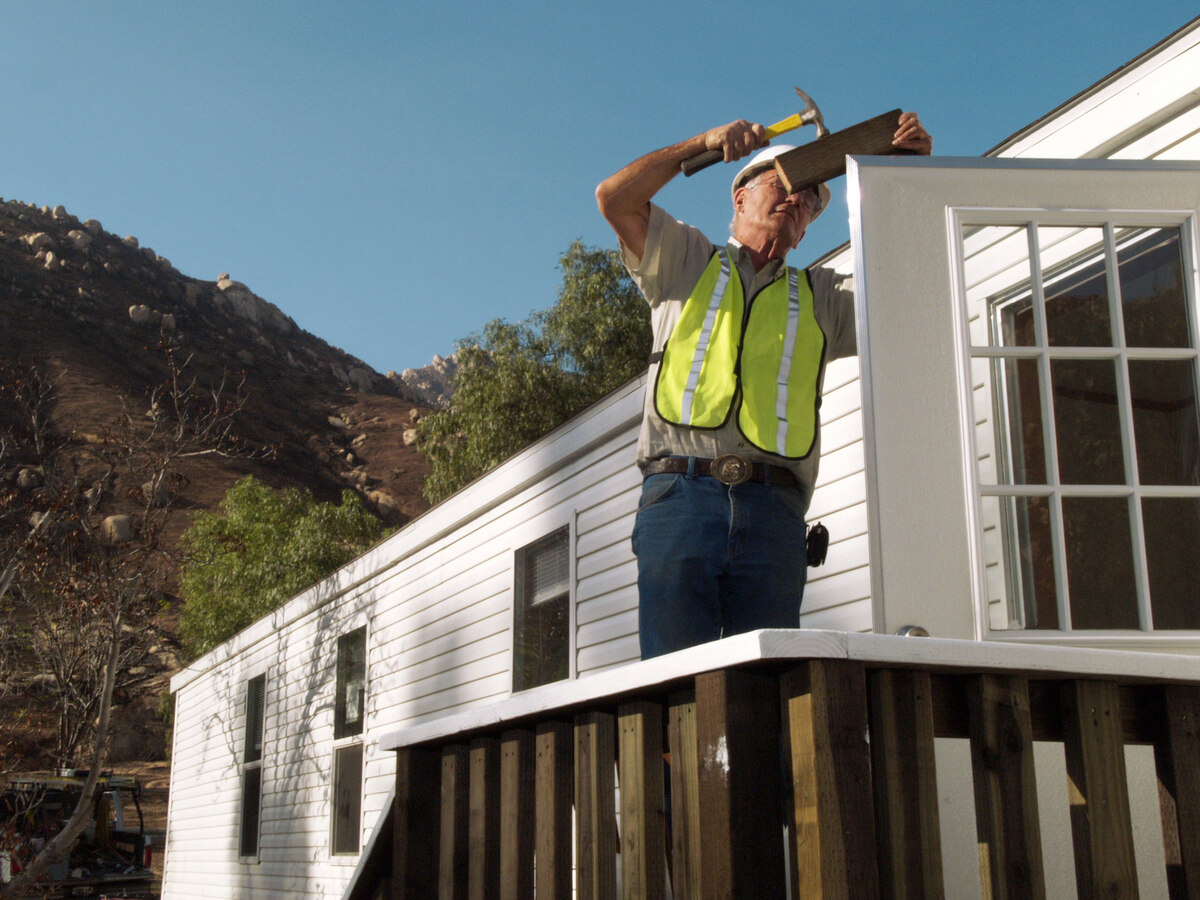
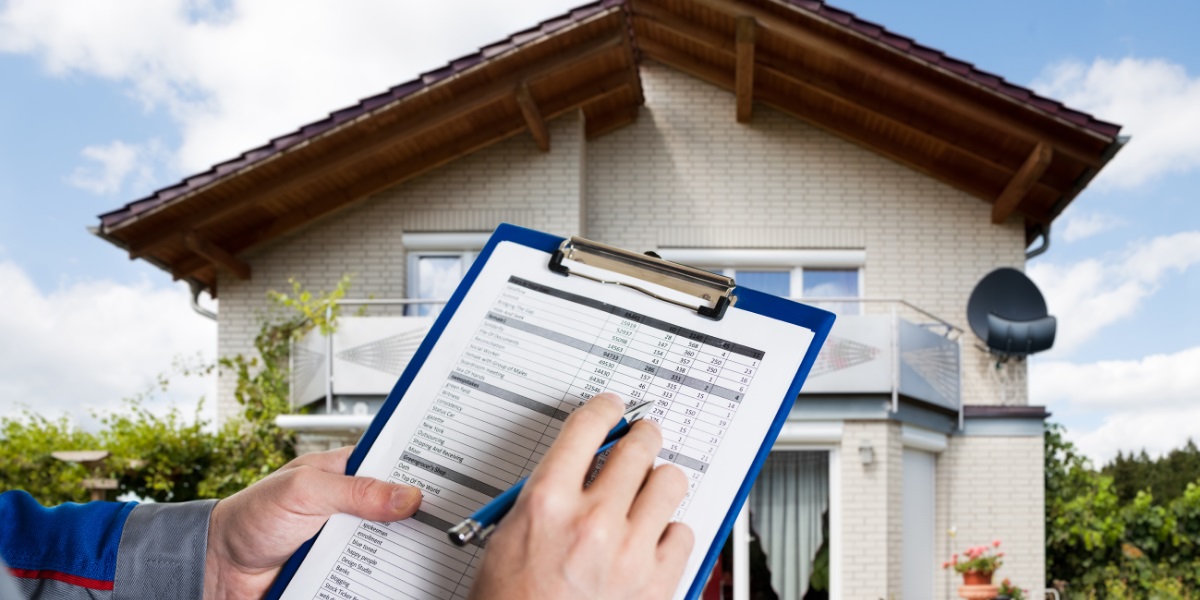
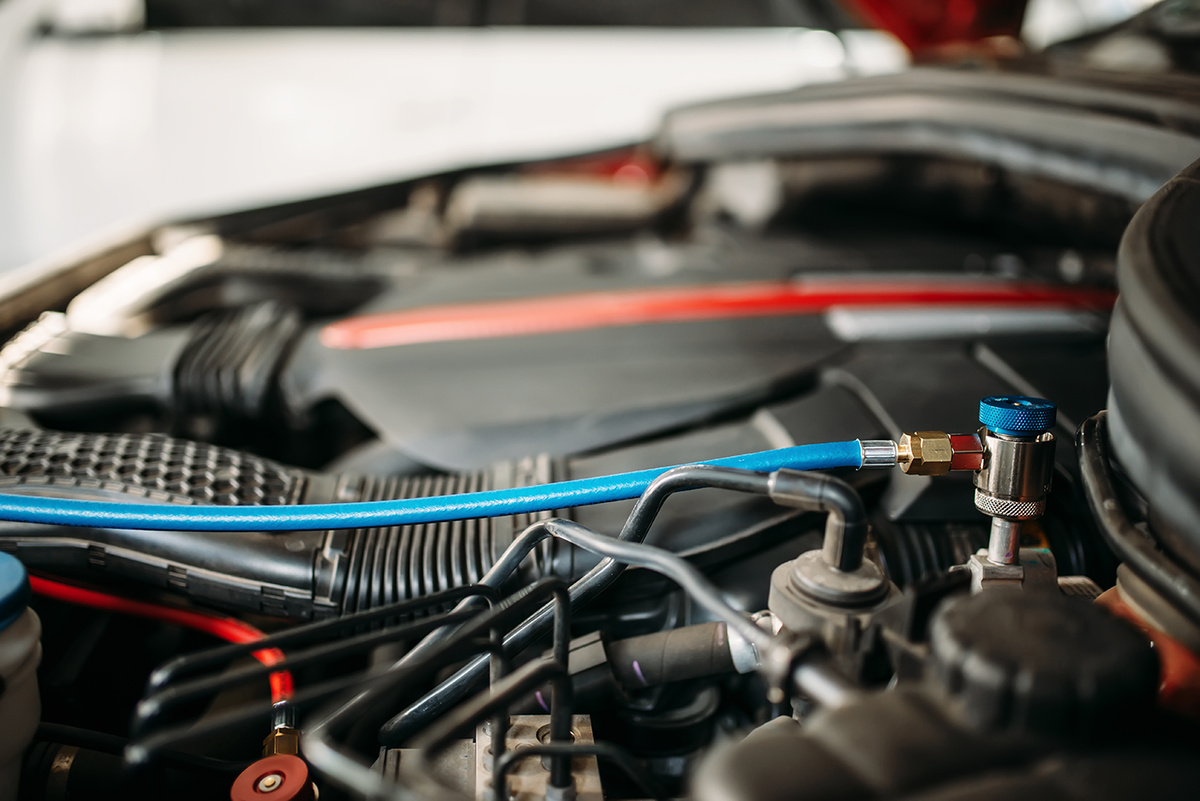
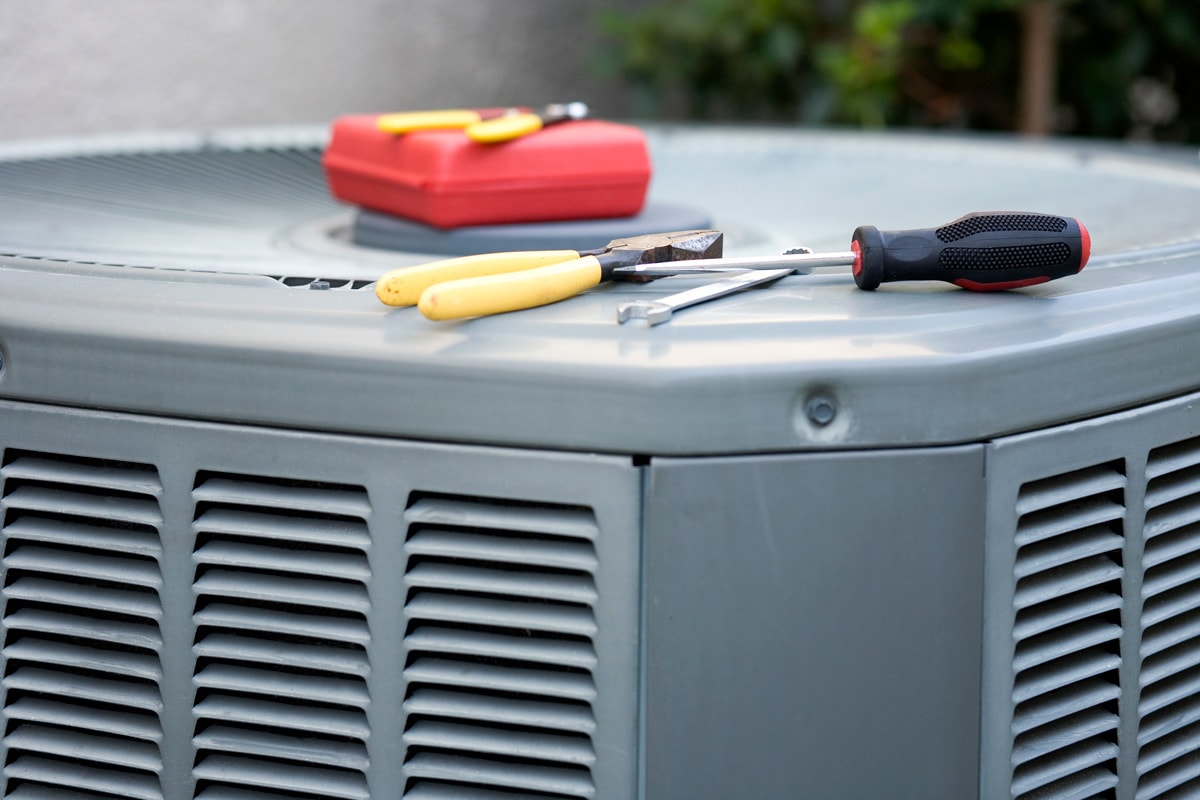
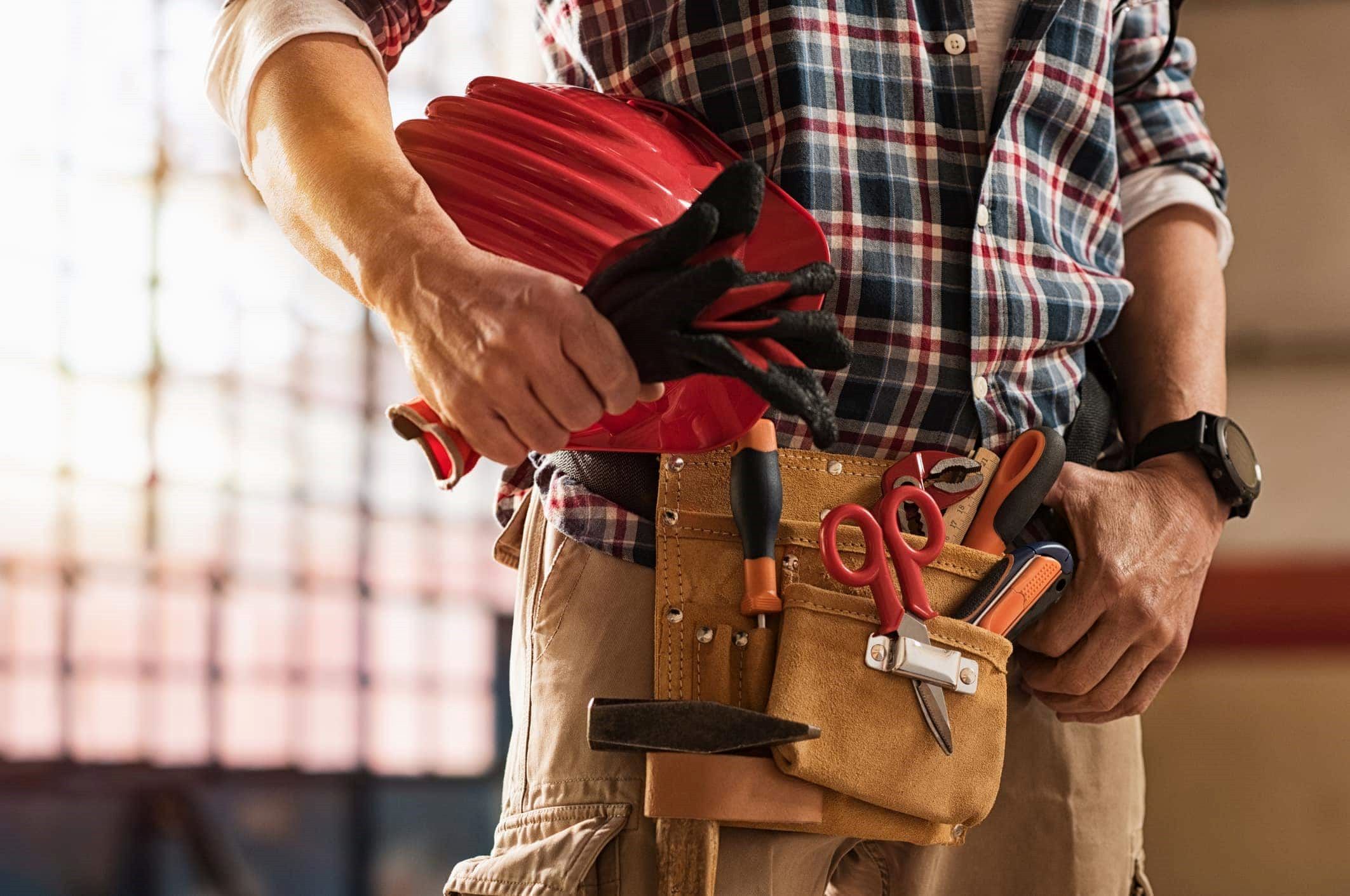
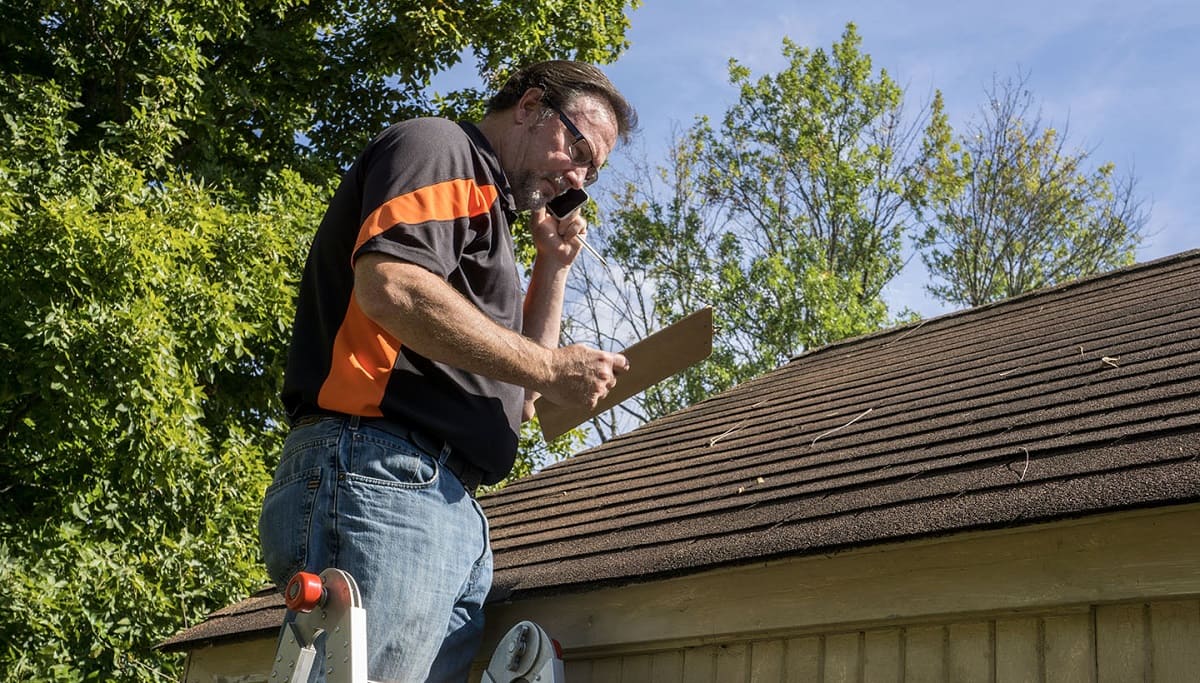
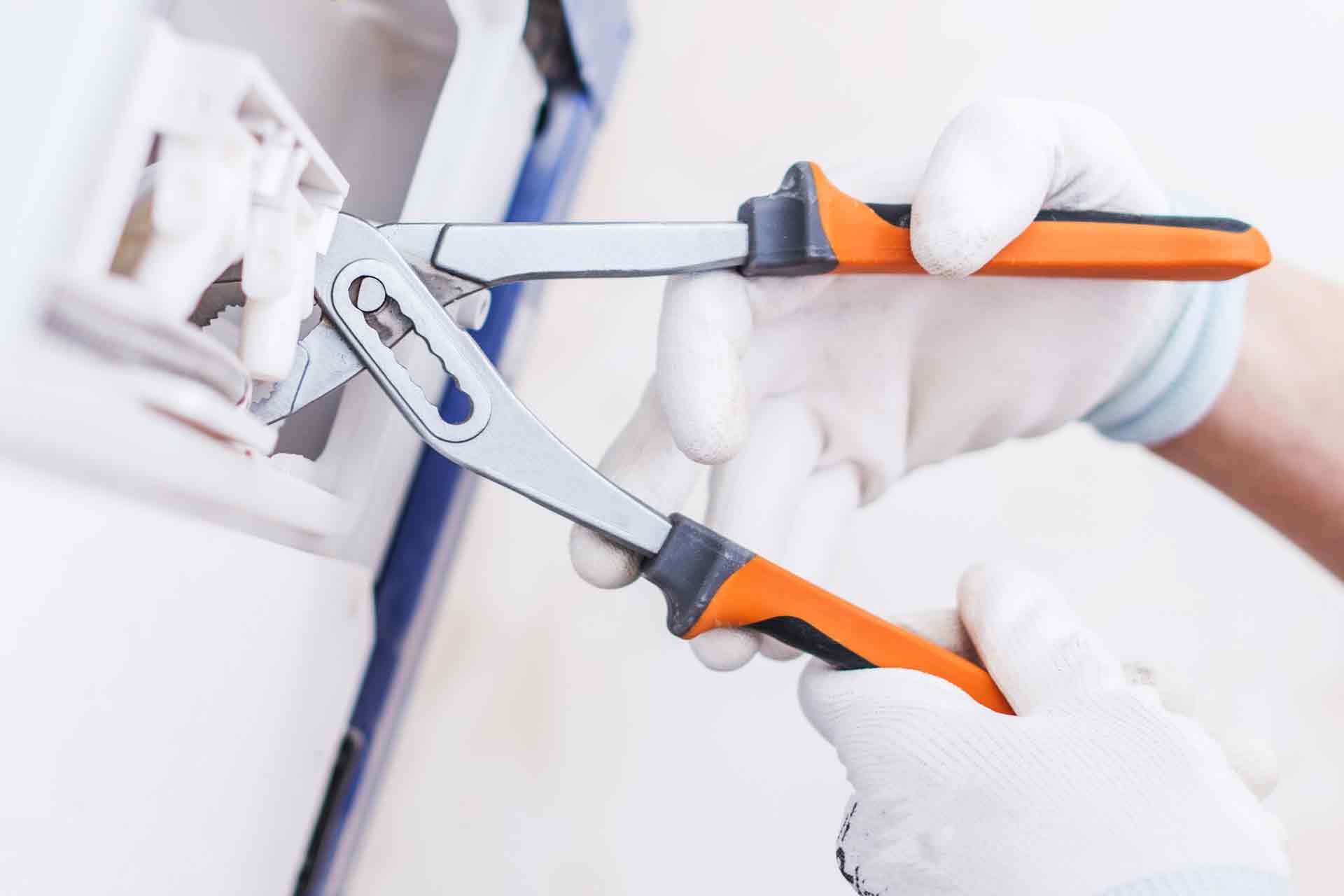
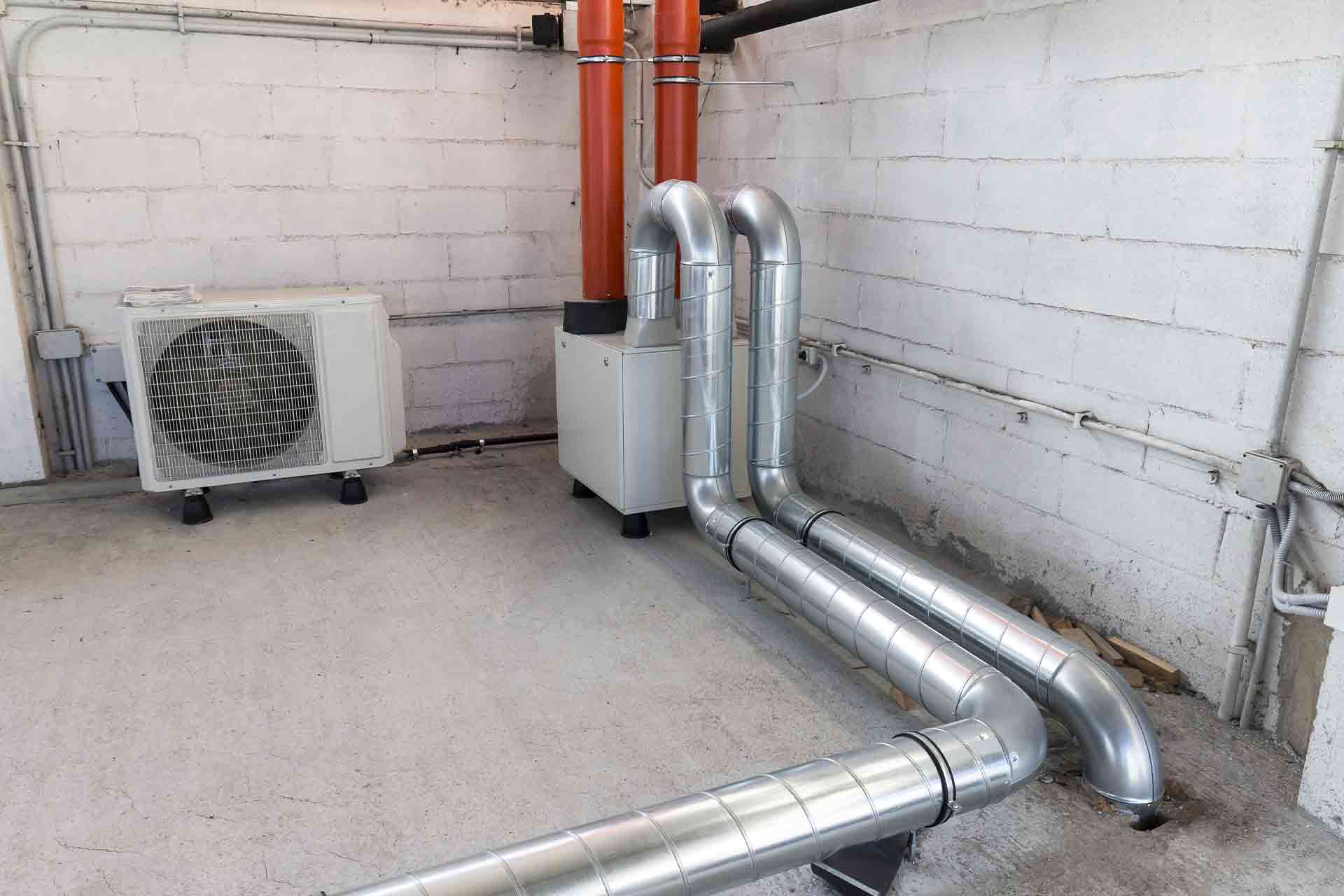
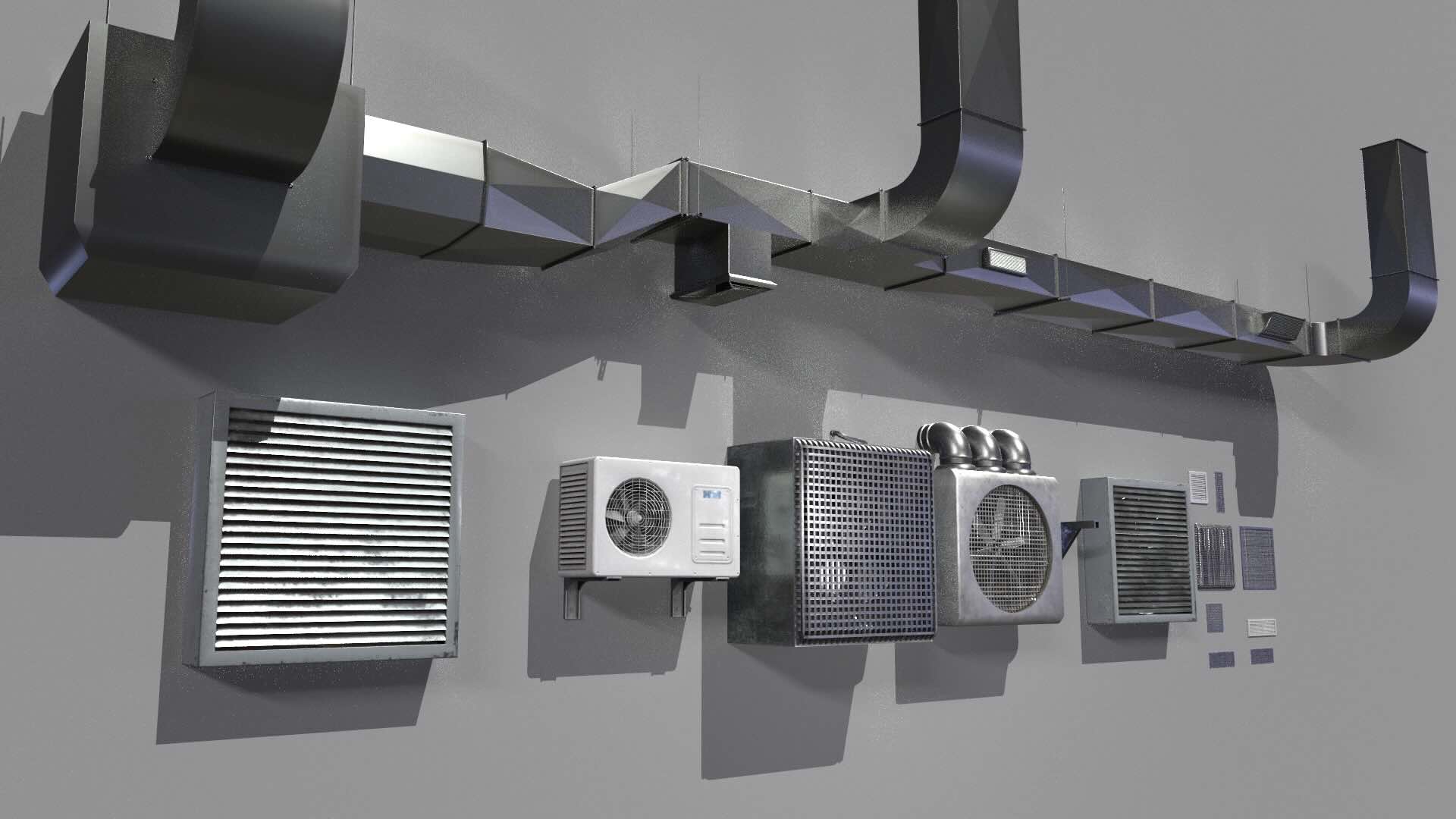
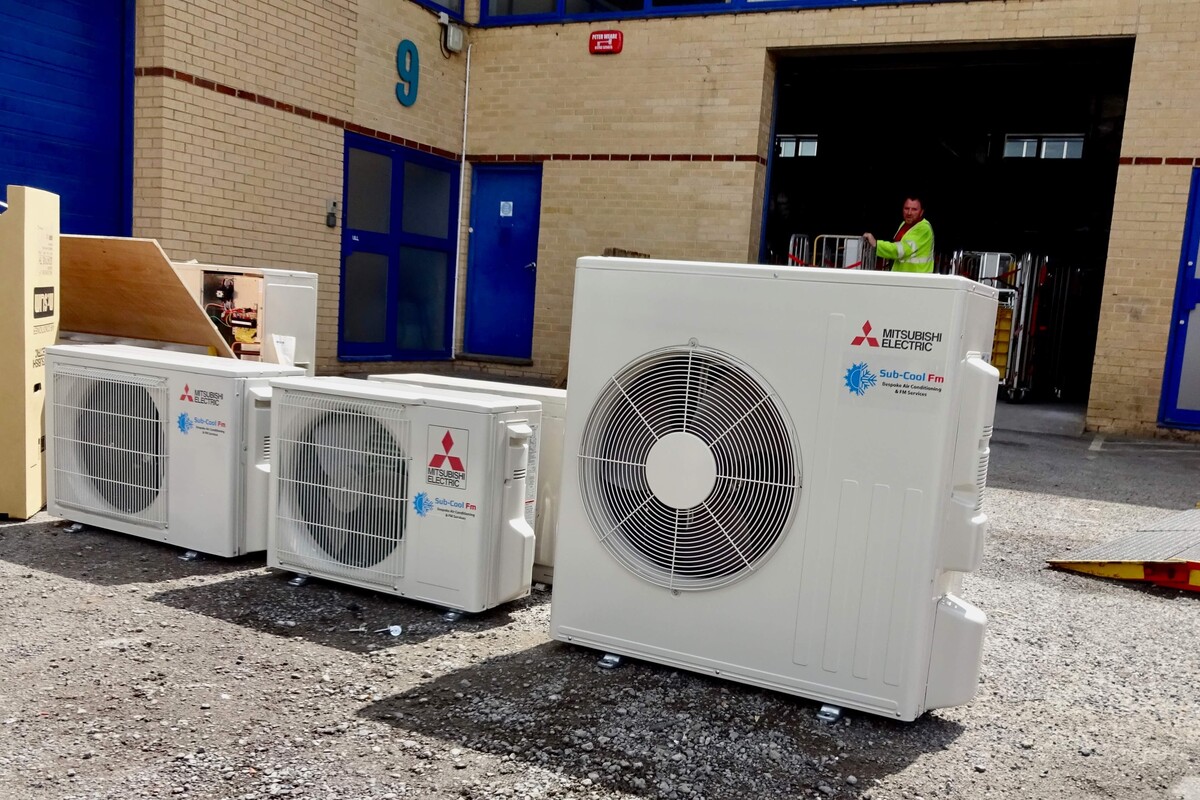
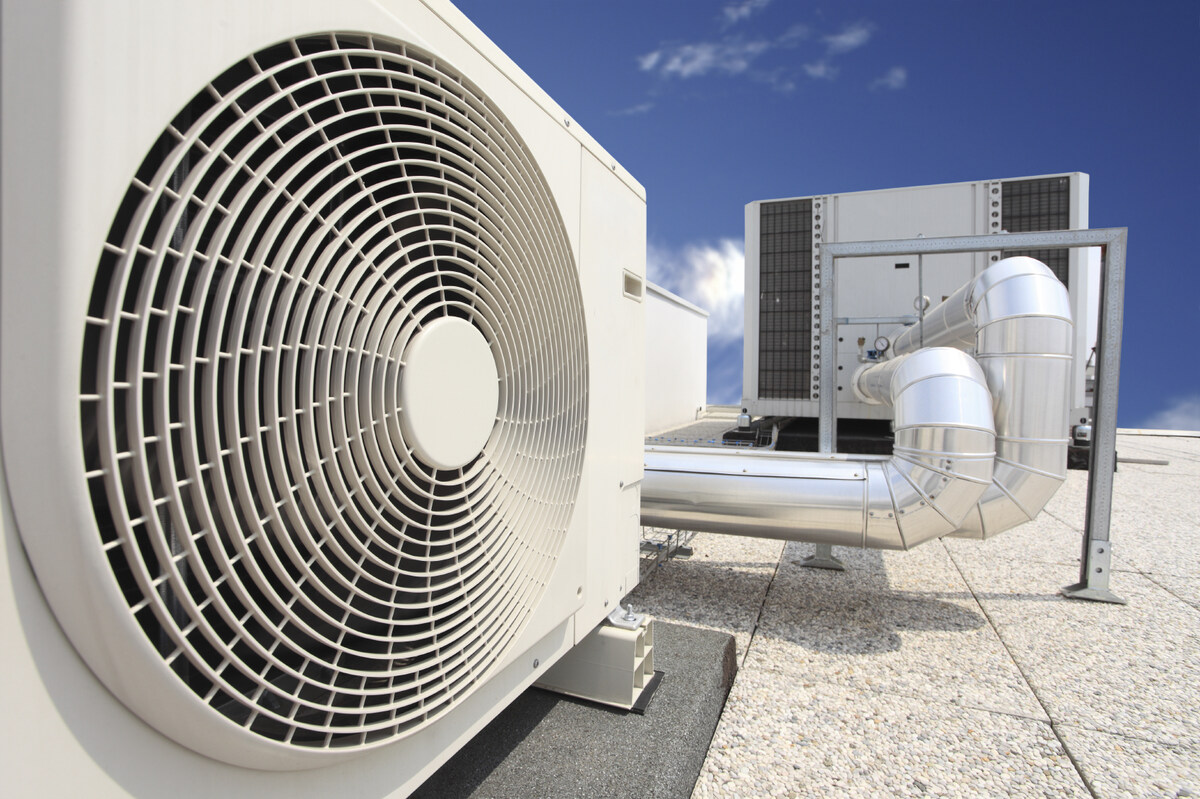
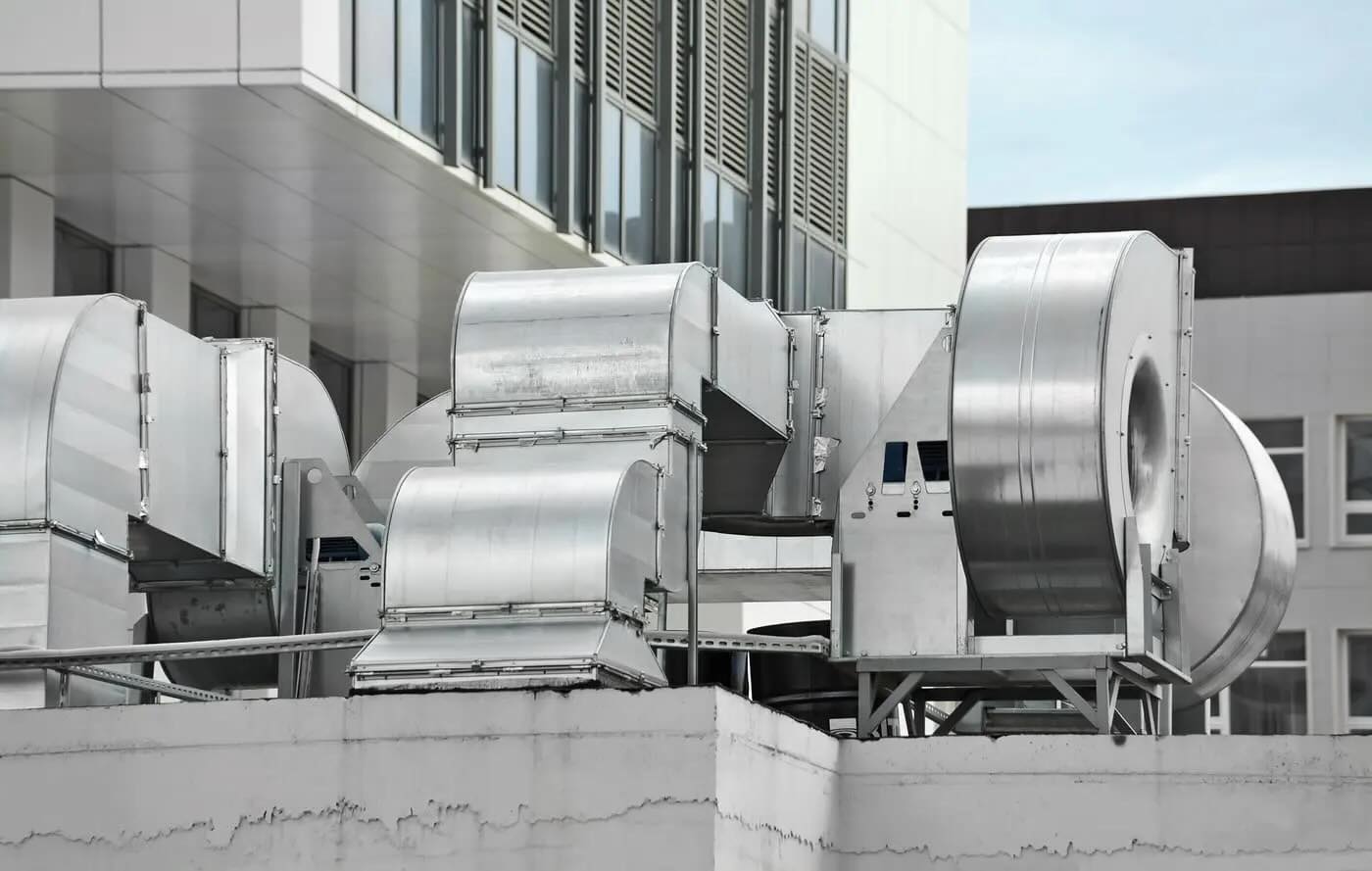
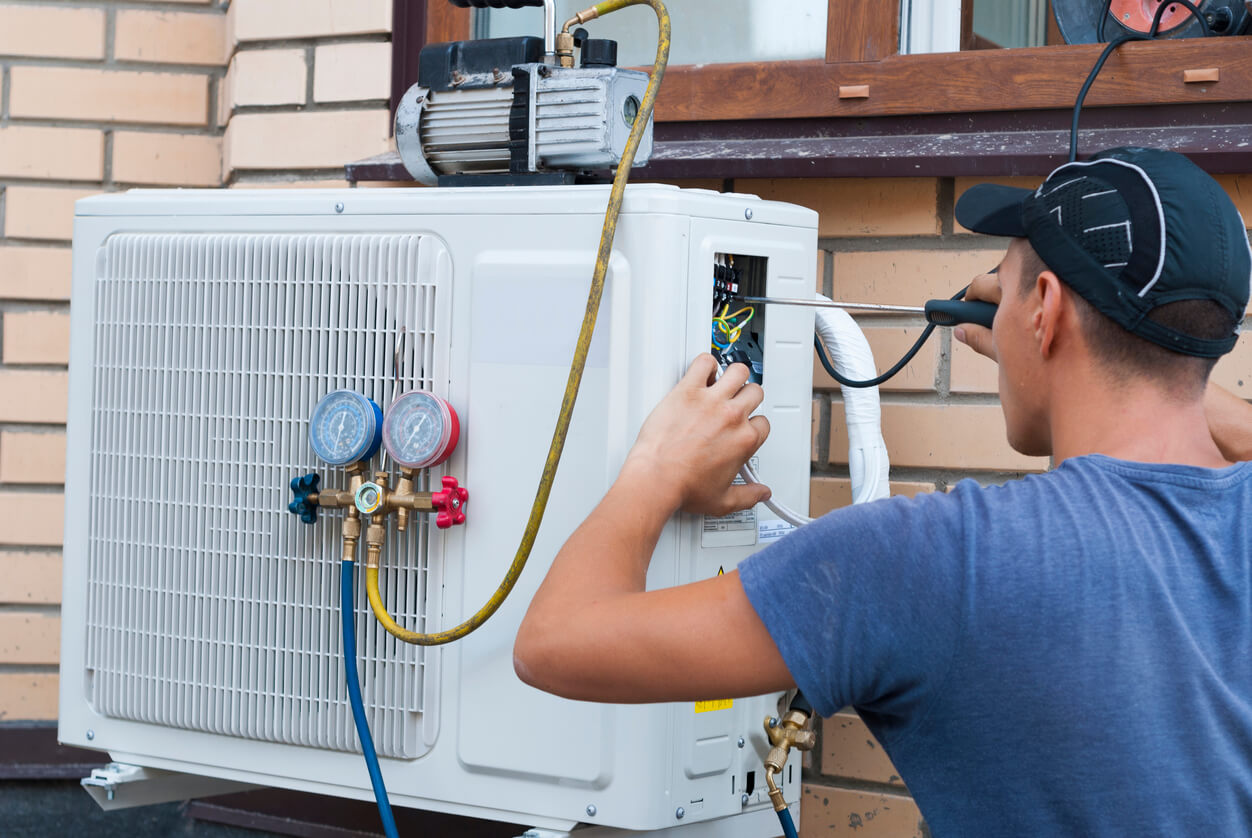

0 thoughts on “What Fixes Are Mandatory In A Home Inspection”